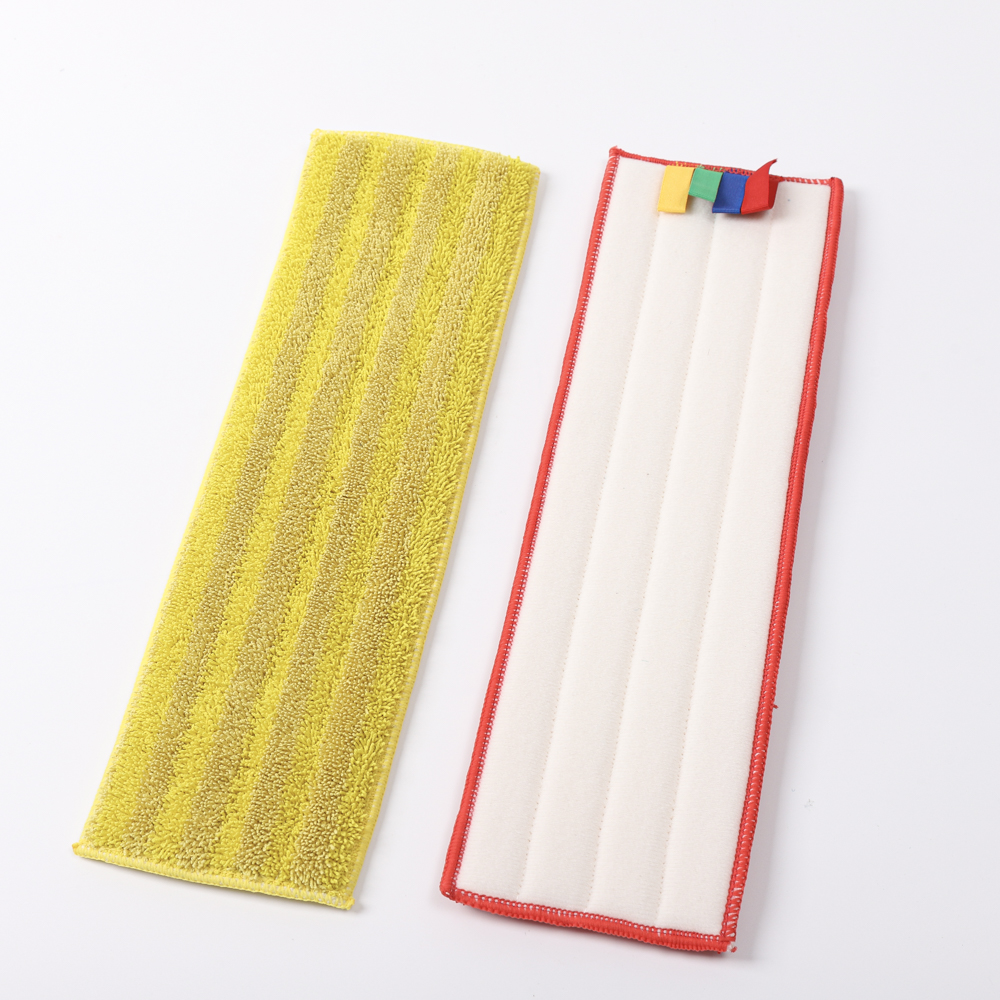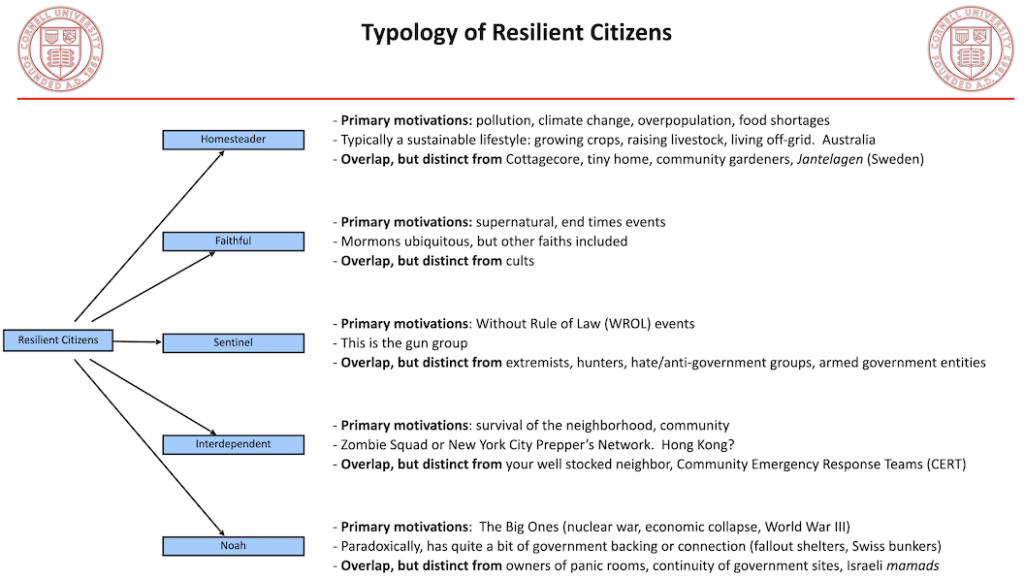Microfiber wet and dry mops are the most econoimic mops that suit for all kinds of cleaning works.With cheapest price but can used more than 100 times.With warp and weft knitting mop fabrics,make s cleaning more easy.It lifts and locks dirt, pet hair, and more to help you get your floors cleaner. Most important, the microfiber wet and dry mop helps keep trash out of landfills.
Microfiber Wet And Dry Mop,Micofiber Wet Mop Pad,Economic Micofiber Wet Mop,Wet And Dry Microfiber Mop Refill jiangsu qiyun cleaning knitting product co.,ltd , https://www.jarfrry.com



In recent times, we shared some compelling research on prepper demographics led by Dr. Chris Ellis, a US Army Strategic Planning and Policy Program Fellow affiliated with Cornell University. To clarify the confusion around the term “prepper,†Dr. Ellis introduced a formal academic definition: a Resilient Citizen is someone who can manage at least a 31-day emergency or self-reliance situation.
For his study, Dr. Ellis categorized these individuals into five distinct subgroups: Homesteader, Faithful, Sentinel, Interdependent, and Noah. These classifications are not limited to the U.S. but are observed globally.

*Types of Resilient Citizens. Click for full size.*
Each group is defined by its methods and motivations. For instance, Sentinels are often associated with firearms, but their main drive is preparing for a world without law and order. On the other hand, many Mormon communities are primarily faith-driven, though they may also stockpile weapons and supplies.
Dr. Ellis acknowledges that many people might blend characteristics from multiple groups. A faith-based prepper community, for example, could overlap between the Faithful and Interdependent categories.
Preppers are driven by a wide range of factors and display diverse behaviors. Their group boundaries aren’t rigid but rather form a spectrum, with overlapping traits both within prepper circles and in broader activities like gardening, hunting, and home security. Dr. Ellis hopes future studies will explore cultural and governmental influences that could encourage more people to become resilient citizens.
While we reject artificial divides between preparedness groups, we recognize the value of these classifications for academic purposes and for helping aspiring Resilient Citizens connect with others. Where do you fit in? Do you agree with these categories?
---
### **Homesteader**
Homesteaders are the classic "back-to-the-land" type, focused on escaping urban life to grow their own food through gardening, raising livestock, and beekeeping. They often prefer low-energy housing like earth homes or tiny houses and live off-grid.
They’re motivated by concerns such as food shortages, pollution, and climate change, and often feel the government has failed them. Due to this environmental focus, homesteaders tend to be more left-leaning. Urban gardens, for example, are often multiracial spaces sharing food security concerns, similar to those of preppers. Some focus on reducing their carbon footprint or relying less on municipal services.
*Where to find them:* Homesteaders are usually found locally. You can connect with them by buying their products—vegetables, meat, or milk. Joining a CSA or visiting farmers’ markets and craft fairs can help build local connections.
---
### **Faithful**
The Faithful are driven by religious beliefs. Many major religions, especially Abrahamic ones, have apocalyptic themes, which align with prepping mindsets. Mormons, in particular, emphasize preparedness. The LDS Church requires each ward to have an emergency plan and provides radios and satellite phones to leaders.
Research shows that Mormons often have higher levels of disaster preparedness, partly due to historical persecution and a belief in an end-time scenario. They also maintain a network of storehouses where members and non-members can buy bulk food.
*Where to find them:* Churches are the natural place to meet them, but don't join just for prepping. If you already attend a church, consider forming a mutual assistance group with other members.
---
### **Sentinel**
Sentinels are all about guns and personal security. While they may share similarities with homesteaders, their main concern is a lawless society where everyone must fend for themselves. They often live in areas with like-minded gun owners for collective safety.
Recent events, such as calls to defund police and the CHAZ/CHOP protests, have increased fears of internal violence. This trend is bipartisan and growing.
*Where to find them:* Gun clubs, shooting classes, and gun shows are good places to meet Sentinels, though gun shows can be more chaotic than helpful.
---
### **Interdependent**
Interdependents are all about community. Unlike other groups, they are open and seek to build broader networks. They are motivated by any event threatening their local area or a large-scale disaster that brings people together.
Examples include the Cajun Navy, NYC Prepper’s Network, and Zombie Squad. They believe in mutual aid and are not just focused on self-protection.
*Where to find them:* Look for mutual assistance groups (MAGs) in your area or start one. Building relationships with neighbors is key.
---
### **Noah**
The most stereotypical group, Noahs prepare for world-ending scenarios, often by retreating to bunkers. They tend to be secretive and wealthy, with many in Silicon Valley or on Wall Street. Some even relocate to remote countries like New Zealand or settle in the American Redoubt, a region known for resilience.
*Where to find them:* They usually don’t make themselves known unless they want to.
---
What group do you identify with? Are these categories accurate, or would you suggest something different? Let us know in the comments!